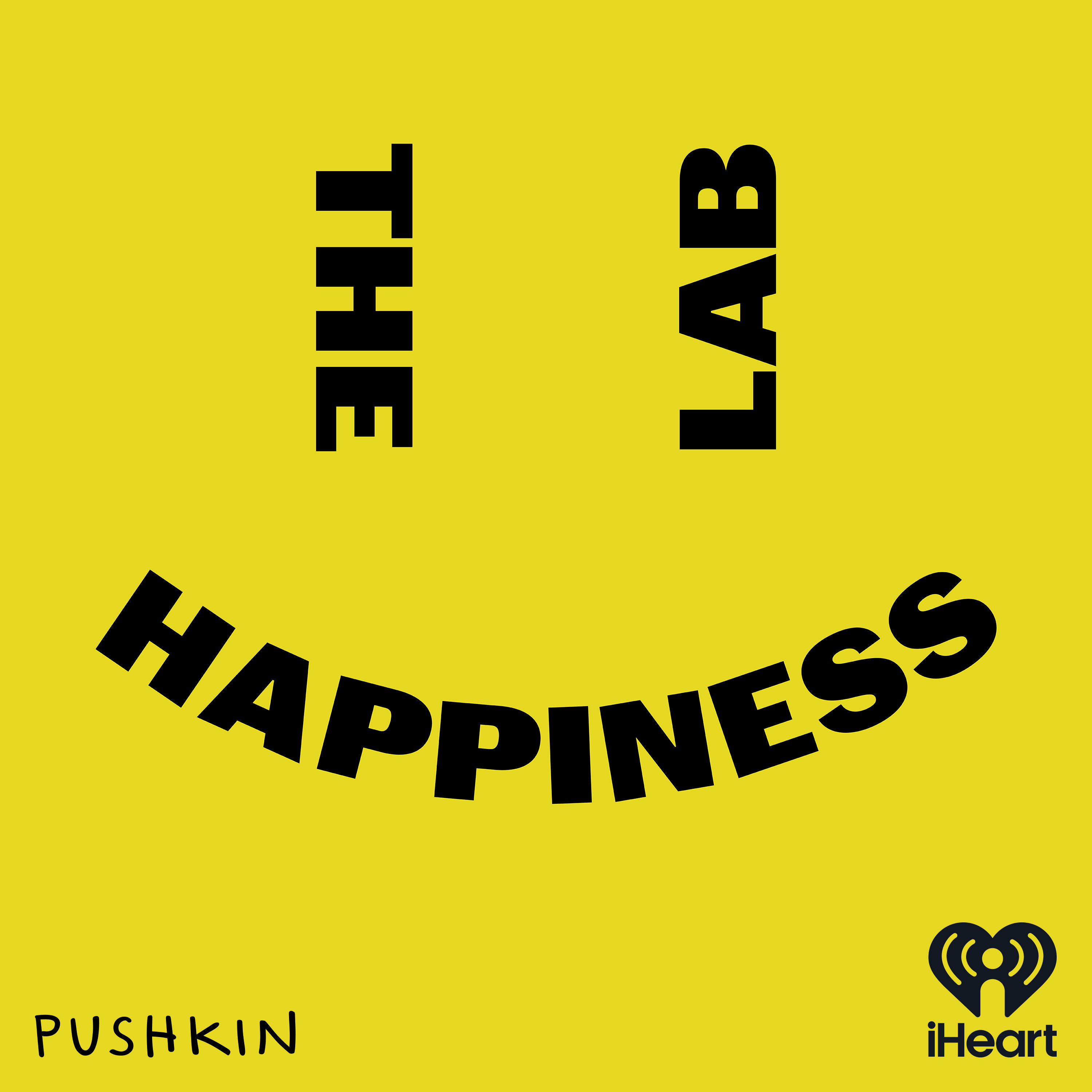
How to Thrive at Work

The Happiness Lab with Dr. Laurie Santos
Deep Dive
Why is work often described as toxic, and what are the common elements of a toxic workplace?
One in five people describe their workplace as toxic. Common elements include bullying, overwork, discrimination, and loneliness. These factors contribute to a negative work environment that can significantly impact emotional well-being.
What is radical acceptance, and how can it help with stress at work?
Radical acceptance involves feeling difficult emotions without trying to push them away. Mindfulness meditation is a key technique where you focus on a neutral sensation like your breath, notice when you get distracted, and gently return your attention. This practice can help you manage stress by changing your relationship to difficult feelings.
How can knowing your motivation help in a stressful work environment?
Knowing your motivation involves identifying what truly matters to you and using it as a North Star. For example, Dan Harris's motivation is to create awesome content that helps people and to work on his relationships. This perspective can help you stay grounded and focus on your true goals, reducing the impact of minor setbacks.
What is the 'wise selfishness' concept, and how does it relate to workplace happiness?
Wise selfishness is the idea that acting altruistically leads to greater personal happiness. When you focus on helping others, you can feel more fulfilled and reduce negative emotions like jealousy. This approach can be a powerful antidote to workplace stress and dissatisfaction.
How can mindfulness and self-compassion help individuals cope with structural inequities in the workplace?
Mindfulness and self-compassion can help individuals manage negative emotions like anger and sadness that arise from structural inequities. Practices like self-compassion, as promoted by Kristen Neff, can provide the emotional bandwidth needed to fight against these inequities effectively and maintain personal well-being.
Why is sleep hygiene critical for workplace well-being, and what are some techniques to improve it?
Sleep hygiene is crucial because lack of sleep exacerbates stress and anxiety. Techniques include walking meditation, which helps manage physical restlessness, and avoiding rumination by acknowledging that sleep will come and that you can handle a bad night's sleep. Creating a conducive environment and following basic sleep hygiene tips can significantly improve sleep quality.
What is psychological safety, and why is it important for managers to foster it in the workplace?
Psychological safety is the comfort that team members feel in speaking up and sharing their thoughts. It is essential for high-performing teams and can be fostered by managers through inclusive communication, rewarding vulnerability, and taking responsibility for team issues. This creates a supportive environment where everyone feels valued and heard.
How can managers promote social connection and a sense of belonging at work?
Managers can promote social connection by starting meetings with informal chit-chat, expressing gratitude openly, and acknowledging employees' day-to-day contributions. Even simple gestures like recognizing birthdays can make employees feel valued and improve their sense of belonging, which is strongly linked to workplace happiness and performance.
What is the relationship between altruism and personal happiness, and how can it be applied at work?
Altruism and personal happiness are deeply interconnected. Studies show that doing good for others boosts your own well-being. At work, this can mean supporting colleagues, even in small ways, which can improve your mood and performance. The key is to see your actions as part of a larger, positive cycle rather than a zero-sum game.
Why is it important for managers to reflect on their role in creating a positive work environment?
Managers should reflect on their role in the workplace dynamics. By asking, 'How am I complicit in the conditions I say I don't want?', they can identify and address issues they may not be aware of. This self-reflection is crucial for creating a supportive and inclusive environment that benefits all team members.
Shownotes Transcript
We can spend a lot of time working - and it gives us fulfillment, social interaction and fun - but still one in five of us say our workplaces are "toxic". And even the best jobs can sometimes be stressful and draining. So how do we set ourselves up to thrive at work?
Former news anchor Dan Harris (of 10% Happier with Dan Harris) and DanHarris.com)) joins Dr Laurie Santos to explore strategies to be a happier employee and a better employer.
See omnystudio.com/listener) for privacy information.